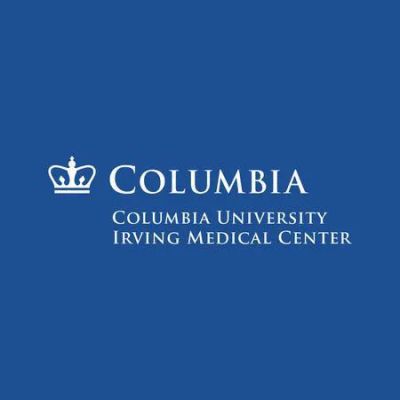- 1‑understanding‑the‑need‑for‑natural‑remedies
- 2‑dietary‑changes‑that‑reduce‑cardiac‑risk
- 3‑herbal‑remedies‑for‑heart‑health
- 4‑lifestyle‑modifications‑that‑matter
- 5‑real‑life‑case‑of‑reversal‑through‑natural‑means
- 6‑risks‑and‑realistic‑expectations
- 7‑trusted‑sources‑for‑guidance‑and‑products
1. Understanding the Need for Natural Remedies
For millions diagnosed with cardiovascular conditions, interest in natural remedies for heart disease has grown rapidly. Many are seeking options that complement medical care without harsh side effects. Whether motivated by side effects from statins, fear of surgery, or a desire for more control over personal health, natural approaches offer promising alternatives. However, they’re not magic bullets—they require consistency, education, and the right combination of strategies to truly make a difference.
2. Dietary Changes That Reduce Cardiac Risk
2.1 Adopt a plant-forward plate: Diets rich in vegetables, whole grains, legumes, nuts, and healthy fats (like olive oil) have been linked to a reduced risk of heart disease. The Mediterranean and DASH diets are popular examples.
2.2 Cut processed sugar and sodium: Excess sugar and salt increase the risk of hypertension, obesity, and inflammation. Replace processed snacks with fresh options like berries, carrots, or raw almonds.
2.3 Increase omega-3 intake: Found in fatty fish, flaxseed, and walnuts, omega-3s help lower triglycerides and reduce plaque formation.
Even subtle improvements, sustained over time, can reduce the need for medication and lower long-term cardiac risk.
3. Herbal Remedies for Heart Health
3.1 Hawthorn: Widely regarded as one of the most effective herbs for heart support, hawthorn helps strengthen the heartbeat and may improve blood flow and reduce blood pressure over time.
3.2 Garlic: Garlic has long been praised for lowering blood pressure and cholesterol naturally. Aged garlic extract, in particular, has shown promise in clinical trials.
3.3 Arjuna and turmeric: Popular in Ayurvedic medicine, arjuna bark and turmeric offer antioxidant and anti-inflammatory properties that protect cardiovascular tissue and improve circulation.
3.4 Green tea extract and CoQ10: While not herbs in the strictest sense, these natural compounds are frequently used in herbal formulas for cardiovascular support.
Each of these remedies can be found as teas, capsules, tinctures, or part of heart-support formulas available through curated wellness retailers like HeartCare Hub.
4. Lifestyle Modifications That Matter
4.1 Movement is medicine: Daily walking, gentle yoga, or low-impact cardio stimulates circulation, strengthens the heart, and improves cholesterol. Just 30 minutes a day can yield measurable improvements.
4.2 Stress control: Chronic stress releases cortisol, which contributes to arterial inflammation and high blood pressure. Practices like meditation, deep breathing, or nature exposure have shown to reduce these effects.
4.3 Quit smoking, limit alcohol: These changes speak for themselves. Smoking hardens arteries and increases clot risk, while alcohol—when not consumed in moderation—adds unnecessary strain to the heart.
5. Real Life Case of Reversal Through Natural Means
James, a 58-year-old accountant from North Carolina, was diagnosed with early-stage coronary artery disease. Unwilling to rely solely on prescriptions, he began a natural protocol that included hawthorn supplements, turmeric capsules, a whole-food plant-based diet, and daily walking. After six months, his blood pressure dropped from 148/92 to 122/80, and his LDL cholesterol fell 20%. “I’m not anti-medicine,” he says, “but I believe the body heals when you give it the right tools.” His cardiologist agreed that his proactive efforts played a major role in stabilizing his condition.
6. Risks and Realistic Expectations
It’s important to recognize that while natural remedies for heart disease can be powerful, they’re not instant or universally effective. Certain herbs may interact with medications, and underlying conditions still need professional monitoring. For example, patients on blood thinners should use caution with garlic and ginkgo. Additionally, progress through natural means tends to be gradual, requiring months—not days—to show results. Working with an integrative health provider helps tailor a plan to your individual risks and needs.
7. Trusted Sources for Guidance and Products
When looking to implement natural remedies for heart disease, quality guidance and products matter. At HeartCare Hub, we specialize in evidence-informed natural heart support. Our product range includes third-party tested herbal blends, curated heart-healthy teas, and detailed education for informed use. Whether you're starting your prevention journey or managing a known condition, HeartCare Hub can help you build a plan that's personalized, balanced, and empowering.




















